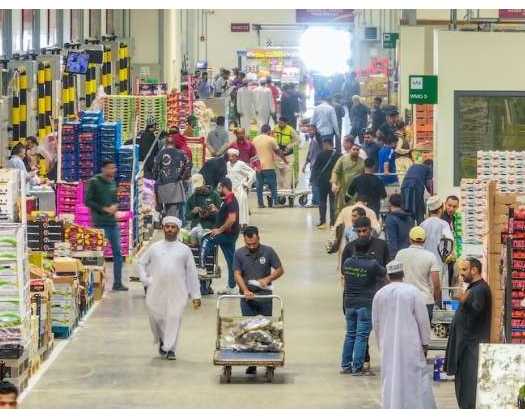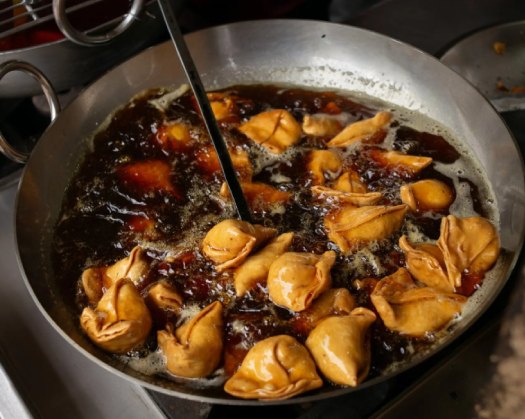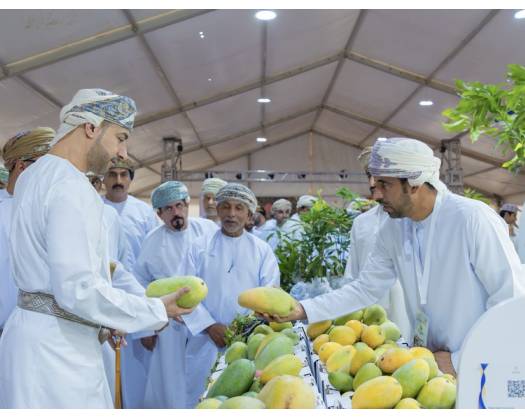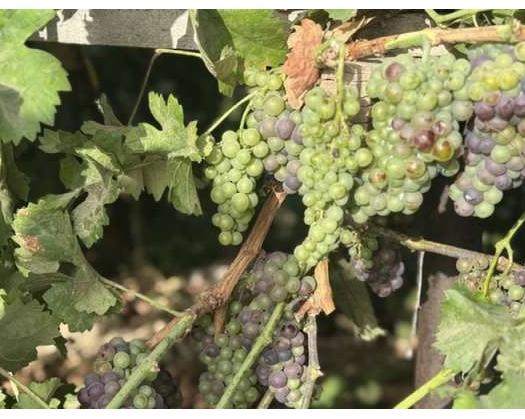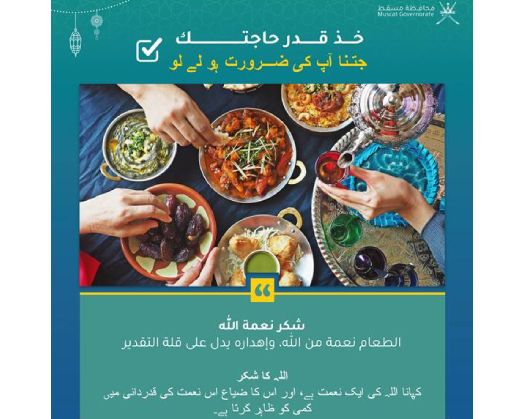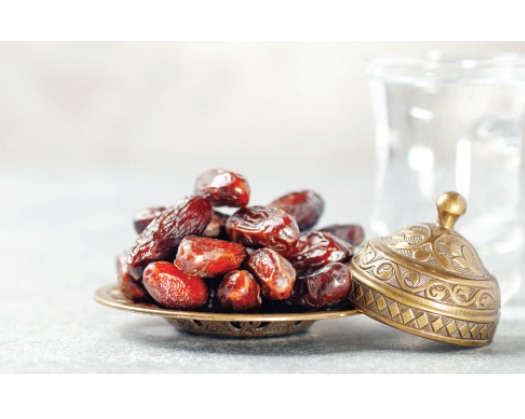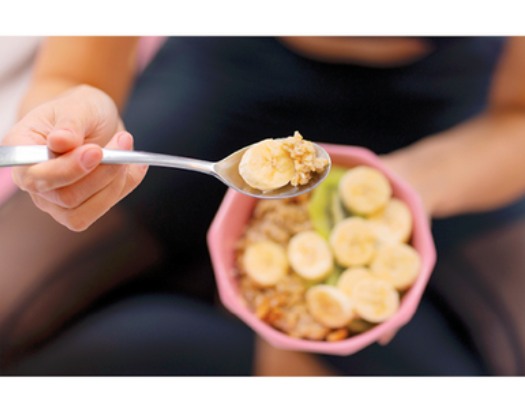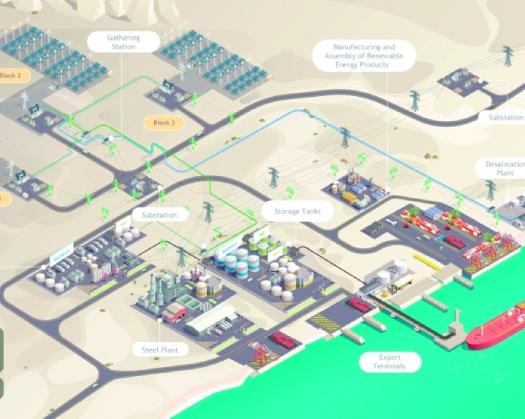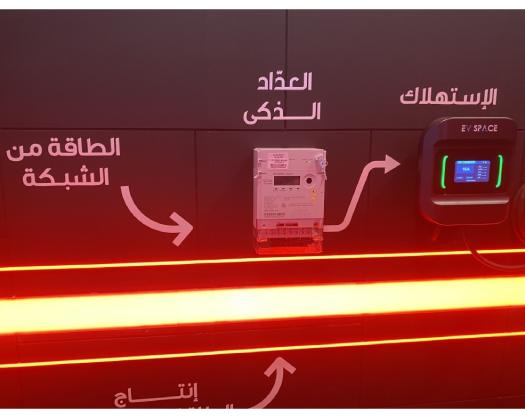MUSCAT: With the approach of the holy month of Ramadan, Oman's markets are witnessing a notable increase in purchasing activity, as retailers and shopping centers gear up for a significant rise in food supply demand.
Essential items, particularly fruits and vegetables, are anticipated to experience a substantial uptick in demand. In response, various stakeholders are actively collaborating to ensure that food products remain accessible and reasonably priced throughout the month.
Othman bin Ali al Hatali, Director of Operations at the Central Fruits and Vegetables Market (Silal), detailed the preparations in place to guarantee a consistent supply of both local and imported produce.
From February 10 to 17, 2025, a total of 236 trucks delivered 5,970 tons of imported fruits and vegetables, alongside 3,160 tons of local agricultural goods, ensuring the market is well-equipped to handle the expected demand during Ramadan.
To enhance operational efficiency, the market has implemented designated delivery hours for streamlined processing. Wholesale goods will be received from 4 am to 2 pm, while local agricultural products will be accepted in two shifts: from 4 am to 1 pm and 5 pm to 11 pm. These hours will be maintained throughout the week, with the exception of Fridays.
In addition to logistical measures, health and safety remain paramount. Silal’s team is committed to upholding hygiene standards and collaborates closely with government entities, including the Royal Oman Police and the Ministry of Agriculture, Fisheries, and Water Resources, to ensure market stability. Over 180 product samples have already undergone safety testing, guaranteeing the quality of produce available to consumers.
To enhance market stability during Ramadan, the Directorate General of Consumer Protection Authority in Dhofar Governorate is intensifying its initiatives. This involves closely monitoring commodity prices, regulating the sale of expired products, and performing market surveys to avert misleading promotional activities.
Health authorities are maintaining a vigilant stance, with the Dhofar Municipality’s Health Control Department initiating inspection campaigns to uphold food safety, especially in high-demand areas such as meat sales, bakeries, and restaurants. Their objective is to ensure that food establishments comply with health regulations, thereby providing safe and nutritious food for all consumers.
The Ministry of Agriculture, Fisheries and Water Resources has reassured the public of a consistent supply of live meat and fish, with an emphasis on keeping prices stable. Since February 1, the Sultanate has imported 169,200 heads of live livestock, including cows, sheep, and goats. Fish will remain accessible in the markets, even during adverse weather conditions.
The Consumer Protection Authority is enhancing its measures to prevent price manipulation and to monitor food prices in both small and large retail outlets. It will also concentrate on curbing misleading advertising, particularly related to Ramadan promotions. The Authority is conducting awareness campaigns to ensure consumers are not deceived by false advertising.
Furthermore, to assist low-income families, the CPA has introduced the ‘Ramadan Basket’ initiative in partnership with private organizations. This initiative offers discounted food baskets, helping to ease the financial burden on families during this holy month. The CPA is also dedicated to preventing price inflation during this peak demand period, ensuring fair pricing for all.

